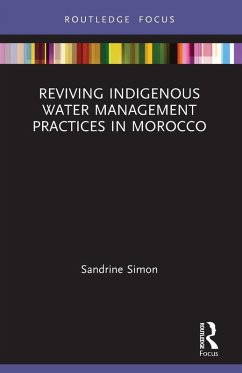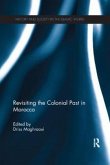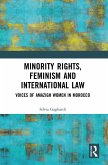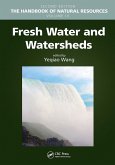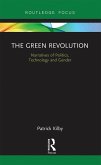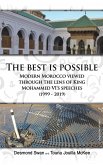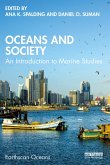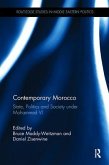This book demonstrates how Morocco and other semi-arid countries can find solutions to water scarcity by rediscovering traditional methods of water resource management.
The book begins by examining indigenous water heritage, considering the contribution of Islam and the mixed influences of Greek and Roman, Middle Eastern, Andalusian and Berber cultures. It then provides a thorough examination of resource management practices in Morocco throughout history, tracing the changing patterns from the instillation of agrarian capitalism in the 19th century, through the Protectorate years (1912-1956), to the 21st century. The book explains how reviving and modernizing traditional methods of water management could provide simple, accessible, and successful methods for addressing 21st century challenges, such as water scarcity and climate change. The work concludes by highlighting how these indigenous practices might be used to provide real-world practical solutions for improving water governance and therefore developing sustainable water management practices.
Reviving Indigenous Water Management Practices in Morocco will be of great interest to students and scholars interested in water resource management, indigenous peoples, traditional knowledge, and sustainable development.
The book begins by examining indigenous water heritage, considering the contribution of Islam and the mixed influences of Greek and Roman, Middle Eastern, Andalusian and Berber cultures. It then provides a thorough examination of resource management practices in Morocco throughout history, tracing the changing patterns from the instillation of agrarian capitalism in the 19th century, through the Protectorate years (1912-1956), to the 21st century. The book explains how reviving and modernizing traditional methods of water management could provide simple, accessible, and successful methods for addressing 21st century challenges, such as water scarcity and climate change. The work concludes by highlighting how these indigenous practices might be used to provide real-world practical solutions for improving water governance and therefore developing sustainable water management practices.
Reviving Indigenous Water Management Practices in Morocco will be of great interest to students and scholars interested in water resource management, indigenous peoples, traditional knowledge, and sustainable development.

